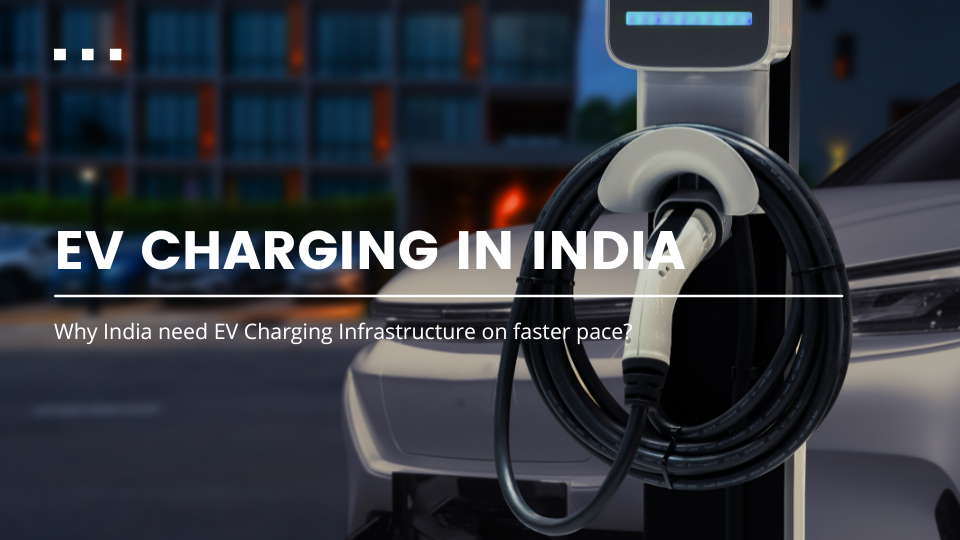
The growth of electric vehicles (EVs) in India has been steadily increasing, and with it comes the need for a robust EV Charging infrastructure. This infra plays a crucial role in supporting the adoption of EVs, boosting the economy, and reducing our dependence on fossil fuels.
India has set ambitious targets to transition to electric mobility, aiming for 30% of all vehicles on the road to be electric by 2030. To achieve this goal, a well-developed charging infrastructure is essential. It not only instills confidence in EV owners by providing convenient and accessible charging options but also encourages more people to make the switch from conventional vehicles.
The establishment of an extensive charging network also presents economic opportunities. It creates jobs in manufacturing, installation, and maintenance of charging stations. Additionally, it stimulates investment in renewable energy sources as these stations can be powered by solar or wind energy.
By reducing our reliance on fossil fuels through widespread adoption of EVs and supporting infrastructure, we can significantly contribute to mitigating climate change and improving air quality. This transition will not only benefit the environment but also lead to long-term cost savings for consumers as electricity prices tend to be more stable compared to fluctuating fuel prices.
In conclusion, investing in a robust electric vehicle charging infrastructure is crucial for India’s sustainable future. It supports the growth of EVs, boosts the economy through job creation and investment opportunities while simultaneously reducing our carbon footprint and dependence on fossil fuels.